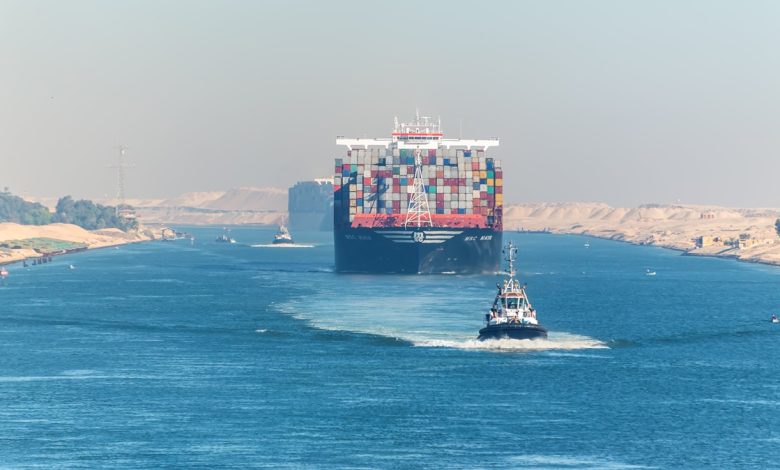The UNCTAD expresses its concerns on disruptions in global trade affecting shipping in Black Sea and Red Sea.

By Prosper HERI NGORORA, 28 January 2024
Amid war in Ukraine, tensions in some seas as Black Sea, attacks in red sea, UNCTAD is concerned and want accountability to be hold.
The United Nations Conference on Trade and Development (UNCTAD) expresses its concerns over the escalating disruptions in global trade, particularly stemming geopolitical tensions affecting shipping in the Black Sea, recent attacks on shipping in the Red Sea affecting the Suez Canal.
In a press released published on 26 January 2024, the organization warns that escalating attacks on ships in the Red Sea are adding strain to shipping routes already hit by conflict and climate change.
The UN agency underscores the critical role maritime transport plays as the backbone of international trade, responsible for over 80% of the global movement of goods.
“The Suez Canal, a critical waterway connecting the Mediterranean Sea to the Red Sea, handled approximately 12% to 15% of global trade in 2023. UNCTAD estimates that the trade volume going through the Suez Canal decreased by 42% over the last two months” says the press release.
According to UNCTAD, the ongoing conflict in Ukraine has triggered substantial shifts in oil and grain trades reshaping established trade patterns.
Alongside, the press release highlights that the Panama Canal, considered as pivot for global trade witnesses the diminution of water levels with consequences.
“Panama Canal, a pivotal conduit for global trade, is grappling with diminished water levels, resulting in a staggering 36% reduction in total transits over the past month compared to a year ago. The long-term implications of climate change on the canal’s capacity are raising concerns about enduring impacts on global supply chains” states the press release.
The crisis in the Red Sea, marked by Houthi-led attacks disrupting shipping routes, has added another layer of complexity. Major players in the shipping industry have temporarily suspended Suez transits in response.
“Container ship transits per week have plummeted by 67% compared to a year ago, with container carrying capacity, tanker transits, and gas carriers experiencing significant declines” says the United Nations Conference on Trade and Development.
UNCTAD reveals that this situation provokes heavy consequences on global livelihood.
“Prolonged interruptions, particularly in container shipping, pose a direct threat to global supply chains, potentially leading to delayed deliveries and increased costs” emphasizes the release.
The escalating disruptions affecting shipping in Black Sea and Red Sea are also reverberating in global food prices, with longer distances and higher freight rates potentially cascading into increased costs.
Disruptions in grain shipments from Europe, Russia, and Ukraine pose risks to global food security, affecting consumers and lowering prices paid to producers.
In order to protect the developing countries from that situation, the organization emphasizes the urgent need for swift adaptations from the shipping industry and robust international cooperation to navigate the rapid reshaping of global trade dynamics.
It demands also collective efforts for sustainable solutions especially in support of countries more vulnerable to these shocks.

